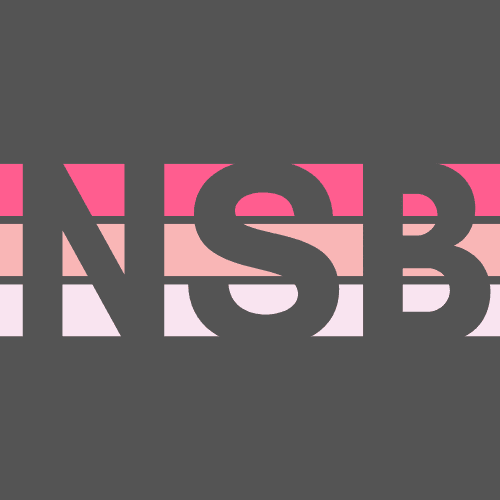There’s an abundance of research supporting the healing properties of sound, including ultrasound, infrared, and consciousness altering audible sound for our body and brain waves.
Your brain waves can have a big impact on your body. They can influence everything from your mood to your sleep patterns. There are four main types of brain waves: alpha, beta, delta, and theta. Each one is associated with a different state of mind. This article will take a closer look at how each type of brain wave affects your body.

1. Gamma Waves
Gamma waves are often associated with insight, peak focus, and expanded consciousness. These waves are generated when the brain is learning new information, sharply concentrating, or storing memories. This “hyper-focused, tranquil attention is characteristic of Zen meditators and master musicians.
2. Beta Waves
Beta waves are associated with a state of alertness and mental activity. This is the brain wave you experience when you are wide awake and engaged in problem-solving or other mentally challenging tasks. Beta waves can help improve your memory and cognitive performance.
When beta wave activity is dominant, a person is in an aroused state and actively thinking about something. Beta waves have been associated with a state of “mental effort” and are thought to play a role in concentration and focus.
3. Alpha Waves
Alpha waves are associated with a state of relaxation. This is the brain wave you experience when you are daydreaming or meditating. Alpha waves can help to reduce stress and anxiety. They can also improve your ability to focus and concentrate.
When alpha wave activity is dominant, a person is in a relaxed state and not thinking about anything in particular. Alpha waves have been associated with a state of “mental readiness” and are thought to play a role in attention and focus.
4. Delta Waves
Delta waves are associated with a state of deep sleep. This is the brain wave you experience when you are in a deep, restful sleep. Delta waves can help improve your immune system and reduce stress levels.
When delta wave activity is dominant, a person is in a very deep sleep and not dreaming. Delta waves have been associated with a state of “physical healing” and are thought to play a role in tissue repair and regeneration.
5. Theta Waves
Theta waves are associated with a state of deep relaxation. This is the brain wave you experience when you are in a light sleep or drifting off to sleep. Theta waves can help improve your mood and reduce stress levels.
When theta wave activity is dominant, a person is in a state of deep relaxation and not thinking about anything in particular. Theta waves have been associated with a state of “mental creativity” and are thought to play a role in imagination and intuition.
How To Stimulate Different Brain Waves

There are many different ways to stimulate different brain waves. Some methods are more effective than others. Here are some of the most popular methods:
1. Meditation
Meditation is one of the most effective ways to stimulate alpha and theta brain waves. Meditation helps to quiet the mind and allows you to focus on the present moment. There are many different types of meditation, so find one that works best for you.
2. Brainwave Entrainment
Brainwave entrainment is a method of stimulating brain waves using audio or visual cues. This method is often used to help people meditate or achieve deep sleep. There are many different brainwave entrainment products available, so find one that works best for you.
3. Biofeedback
Biofeedback is a method of using feedback to train your brain waves. This method can be used to help people with stress, anxiety, and sleep disorders. There are many different biofeedback devices available, so find one that works best for you.
4. Exercise
Exercise is a great way to stimulate all types of brain waves. Exercise helps to increase blood flow to the brain and can improve cognitive function. Find an exercise that you enjoy and make it part of your daily routine.
5. Music
Music is a powerful tool that can be used to stimulate different brain waves. Different types of music can have different effects on the brain. Find the type of music that works best for you and listen to it often.



